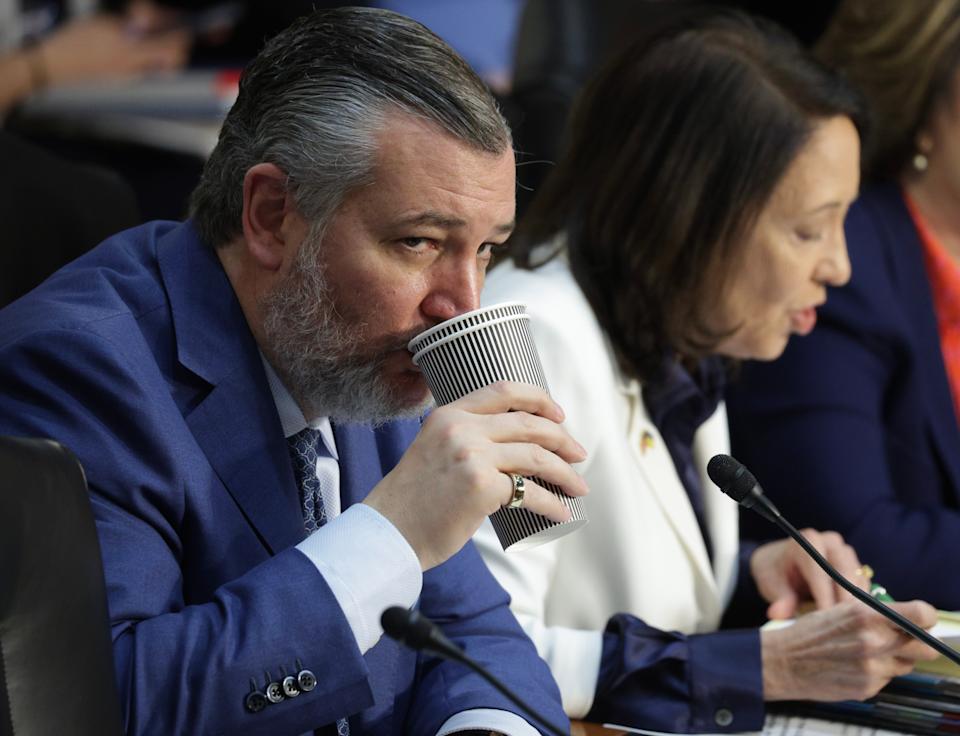Understanding the Interstate Obscenity Act: Implications for Free Speech and American Society
The Interstate Obscenity Act (also called the Interstate Obscenity Definition Act or IODA) has become a focal point of national debate, with strong opinions on both sides. Introduced in 2025 by Senator Mike Lee, this bill has broad implications for free speech, online content regulation, and the boundaries of American law. In this article, we’ll break down what the Interstate Obscenity Act is, discuss its potential impact, and highlight the key arguments shaping the conversation.

What Is the Interstate Obscenity Act?
The Interstate Obscenity Act is a proposed piece of federal legislation aiming to redefine how obscenity is regulated across the United States. At its core, the act seeks to broaden the federal definition of obscenity, impacting what materials can legally be distributed online and potentially criminalizing a wide range of content currently protected by the First Amendment.
Unlike previous obscenity laws, which relied on local community standards — a protection established by the landmark Miller v. California case in 1973 — the new act would create a more uniform, and potentially stricter, national standard. As discussed in a recent analysis on MSNBC, this bill could greatly expand government authority over what Americans can access and share online, sidestepping decades of constitutional precedent.
Key Provisions and Controversies
One of the central controversies surrounding the Interstate Obscenity Act is its approach to defining obscene material. The act intends to:
- Remove the requirement for materials to be "patently offensive" under community standards
- Base obscenity on whether the material focuses on nudity, sex, or excretion with the intent to arouse
- Exclude protections for materials with “serious literary, artistic, political or scientific value,” replacing them with a less defined standard
Critics argue that these changes make the law dangerously vague. Vague definitions can result in increased censorship, and even self-censorship, as creators and publishers may avoid producing or sharing valuable educational, artistic, or health-related information for fear of legal repercussions. The MSNBC article underscores how similar approaches have enabled censorship in other countries, often targeting marginalized communities and dissent.
Political Motivations and Social Reactions
The Interstate Obscenity Act has sparked intense debate along partisan lines. Supporters believe it is necessary to combat the proliferation of harmful material, particularly online. Opponents, however, see it as a direct threat to free expression and accuse lawmakers of using moral panic to justify broad censorship.
Recently, the bill attracted further attention when Democrats responded with viral social media campaigns, highlighting perceived hypocrisy among its sponsors. For example, an image referencing Senator Ted Cruz circulated widely after his past statements on pornography resurfaced, as covered in a Yahoo News report. These reactions illustrate the deeply personal and political nature of the obscenity debate.
Potential Impact on Free Speech
If enacted, the Interstate Obscenity Act could have far-reaching consequences for online free speech. It risks overturning established legal safeguards and putting the government in control of what content is permissible nationwide. Analysts fear this could chill artistic, literary, and political expression, and disrupt access to essential educational resources about health and sexuality.
Legal experts, including those cited by MSNBC, warn that vague and subjective obscenity laws have historically been weaponized to silence criticism and diversity. This poses not just a legal challenge, but an existential one for a free and open society.
Conclusion: What’s Next for the Interstate Obscenity Act?
The future of the Interstate Obscenity Act remains uncertain, but the stakes are clear. As public debate intensifies and the measure faces scrutiny in courts and Congress, it is vital to stay informed and engaged. Laws that shape speech and culture must be carefully examined to ensure they protect, rather than diminish, our fundamental freedoms.
For further reading, explore in-depth perspectives and news coverage:
- Sen. Mike Lee’s obscenity bill is a free speech nightmare from Project 2025’s playbook (MSNBC)
- Democrats Responded To A New Anti-Porn Bill With An Image That Will Haunt Ted Cruz Forever (Yahoo News)
Stay informed about changes to obscenity laws and their effects on both digital rights and American culture.